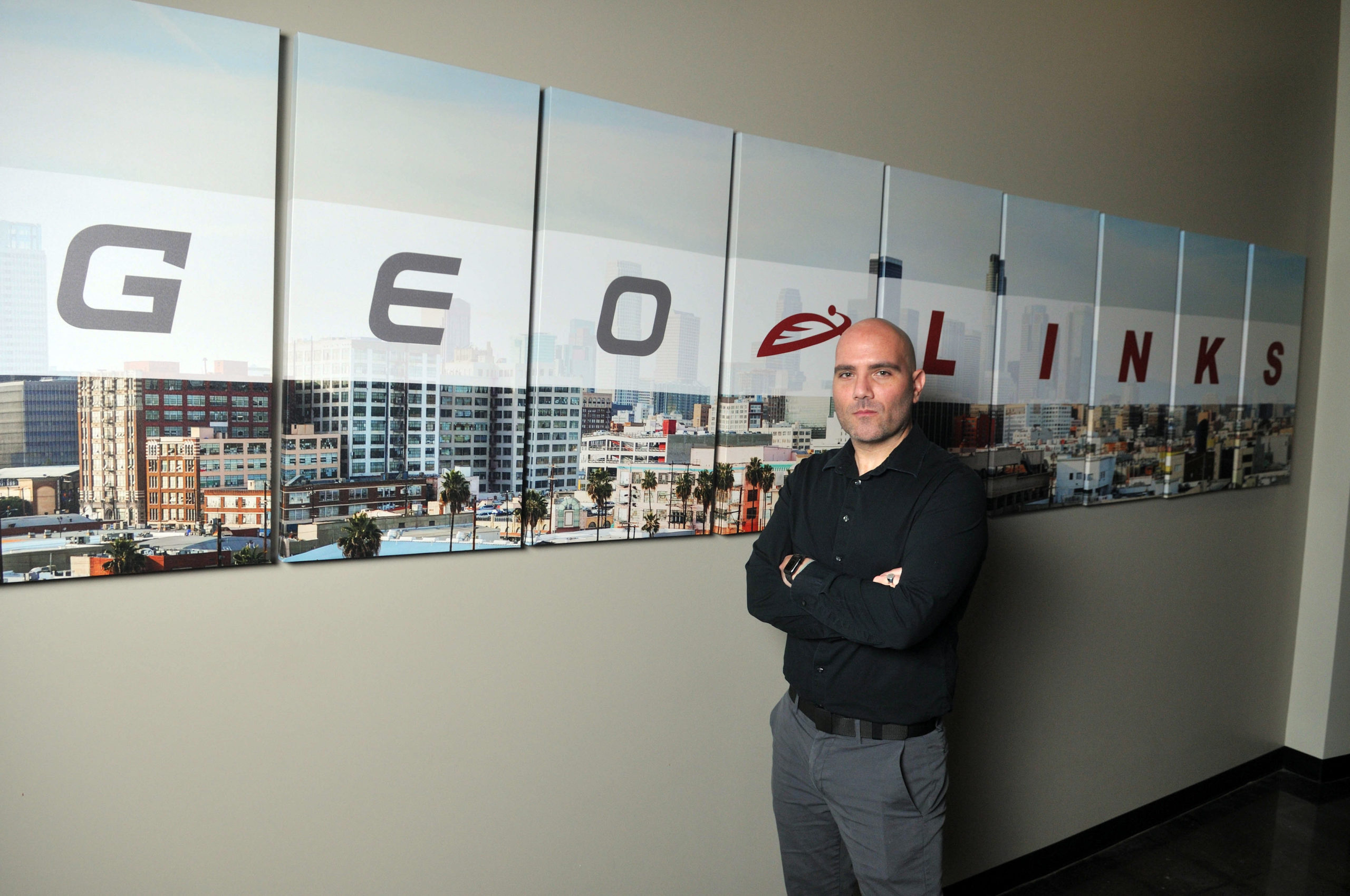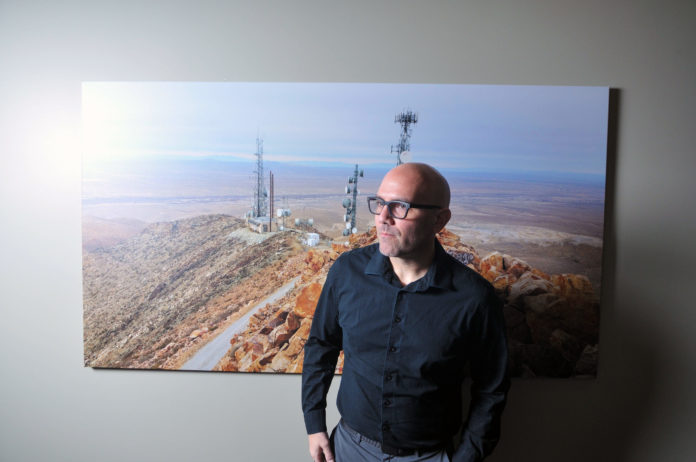GeoLinks, a Camarillo-based telecommunications company, received its first distribution of funding from the Federal Communications Commission’s Rural Digital Opportunity Fund last year. The funding is designed to expand broadband in unserved and underserved rural areas across the United States and will enable GeoLinks to begin network planning and deployment to designated rural locations across Arizona and Nevada.
GeoLinks delivers internet and both public and private turnkey network construction for businesses and anchor institutions, such as schools and hospitals, nationwide.
The company was named a rural development provisional winner in 2020. As a result, it will receive a total of $84.6 million to be paid out over a 10-year period.
With this first round of funding, the company is working on equipment acquisition, construction permits and deployment timelines to ensure GeoLinks meets its mandated milestones.
GeoLinks’ goal is to formalize its rural development fund deployment schedule by the second quarter of this year; it plans to break ground on their wireless network towers by the end of this year.
Ryan Adams, president and chief operating officer of GeoLinks, said the company, since its founding in 2011, has been focused on bridging the digital divide by connecting California citizens and businesses in rural and urban communities lacking access to the internet. Adams added that the company is excited about doing business in other states.
“We’re very happy to be moving into Arizona (and) Nevada, especially after the tremendous success we’ve had out here in the state of California,” Adams said. “To be able to take what we’ve done here in California and apply that to those states, to me, it’s a very welcome opportunity.”
Reaching milestones
The rural development fund program is not the first time that the company applied to an FCC program. In 2017, GeoLinks became a competitive local exchange carrier through the agency’s Connect America Fund and received $87.8 million in funding.
“(To) piggyback on that success, we thought (the Rural Development Opportunity Fund) was a wonderful opportunity … for us to show the industry what we’ve done in this space for all these years,” Adams said. “We got to bid on some territories in Arizona, in Nevada … back in 2020. The process is an interesting mix because you get a chance to look at all the different geographies, understand the census blocks, but also understand where GeoLinks is uniquely fitted to go into these areas that have been underserved or unserved altogether.”
As part of the rural development fund application process, the company also had to explain how they would reach the FCC’s milestones. By the end of year three, 40% of the network construction must be completed in both states, and 20% more every year after that until construction is completed. The company is looking to begin construction of its wireless internet technologies sometime in the second half of this year. The project is still in preliminary stages, so the company was unable to disclose the costs of construction.
Digital divide

Barath Raghavan, an associate professor of computer science and electrical and computer engineering at the University of Southern California, said that the digital divide is a result of economics and has been an issue for the past 30 or 40 years. Historically, Raghavan explained, government entities have played a major role in bridging the divide and added that the FCC’s rural development fund program is one of those examples.
“The digital divide is something that’s been around for a long time. It was rural and urban, but even within urban areas, it was wealthy versus not wealthy,” he explained. “There was this divide between who has access to the Internet. And the thing that people always talked about is if only the wealthy or only people in certain places have access to the internet and the internet provides all these different benefits, then does that make it sort of the ‘rich get richer’ sort of situation and increase inequality?”
Raghavan continued to say that a challenge that companies like GeoLinks face when building this infrastructure is gaining access to fiber optic internet, a data connection carried by a cable filled with thin glass or plastic fibers. Data travels through these fibers 20 times faster than it does through wire cable.
“Let’s say you connect a bunch of houses with this sort of fixed wireless technology. Eventually, all of that internet signal comes back to one or two towers, or some number of towers that the company runs, that have to be plugged into a fiber optic cable that goes to the rest of the internet,” Raghavan said. “Getting access to that fiber optic connectivity in rural areas can be difficult, especially for a small company, because the companies that own these fibers, giant telecoms, they don’t really have much interest in talking to some sort of a mom-and-pop kind of company just running in some small town in a rural area.”
Adams said that GeoLinks sees those challenges as opportunities, adding that the biggest things the company faces now are dealing with long permit processes, land leasing, and weather issues. “We’ve been doing this for so long that for us the challenges are not really challenges, (they’re) more like small speed bumps,” he added.
Adams, who has been with the company for almost nine years, said it’s been fulfilling to oversee the day-to-day operations of the company, but also to see it grow and expand throughout California and into other states.
“For me, bridging the digital divide and what our company does and why we’re so passionate about it is that when you do these things, you bring connectivity, you bring opportunity to communities,” he said. “You improve digital literacy, digital skills, democracy, social mobility, economic equality and economic growth. I mean, this is what we bring when you’re connecting folks.”
